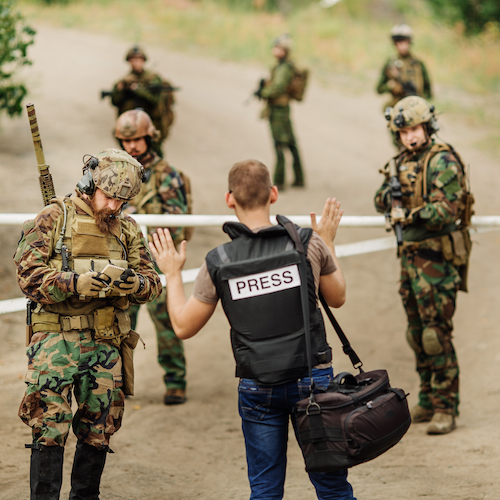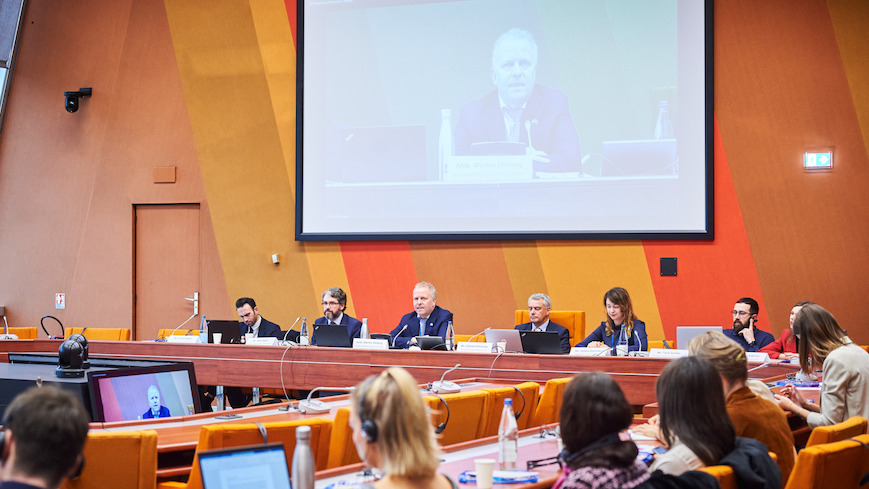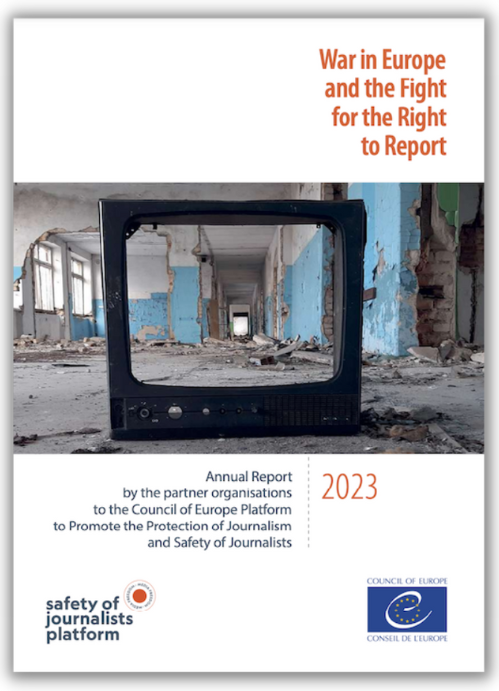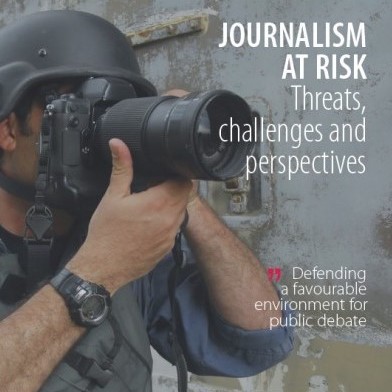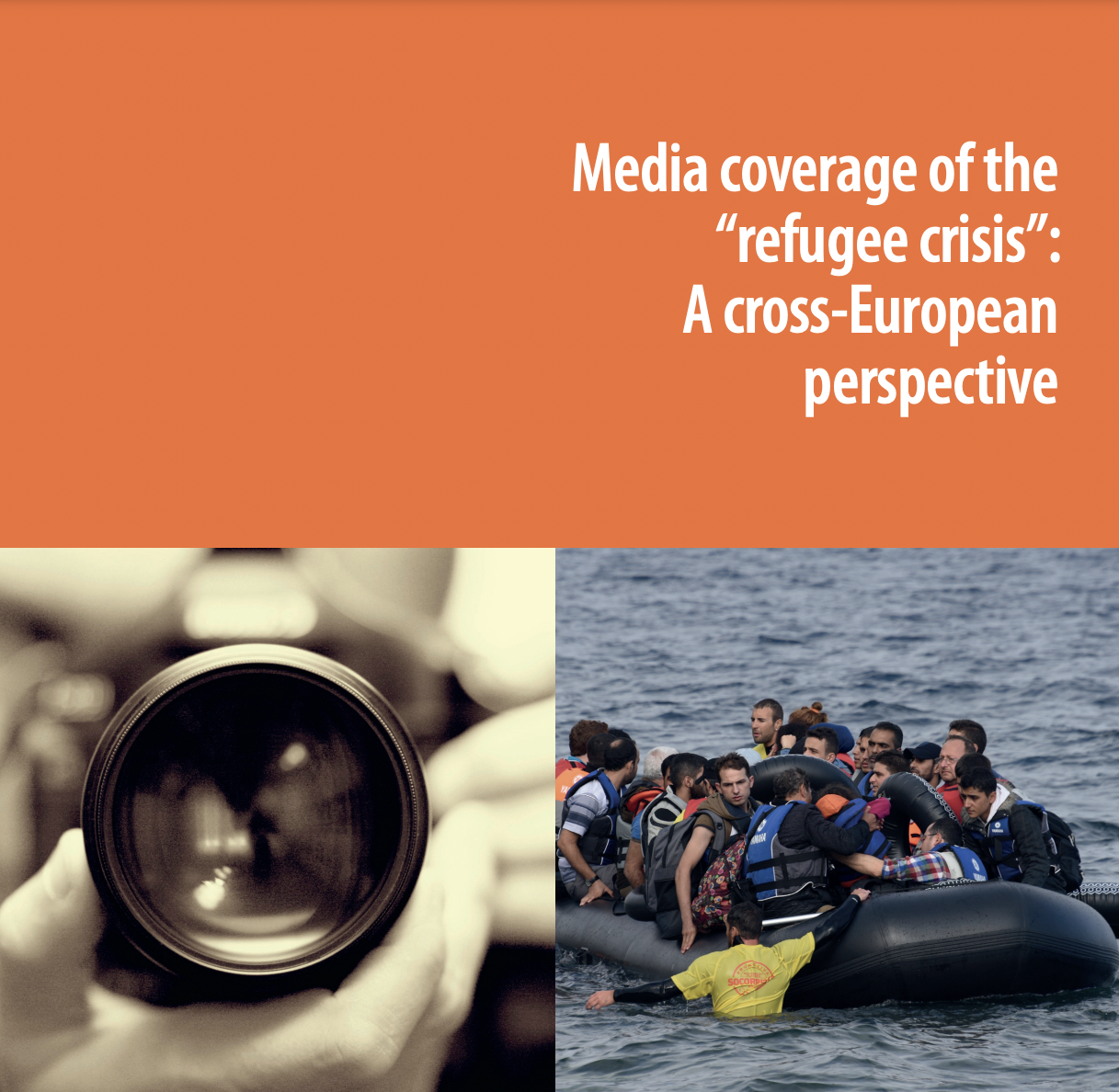The webinar "Electronic evidence of war crimes. The role of journalists, media and social media” was held on 25 November 2022 in Strasbourg organized by the Group of Friends on the Safety of Journalists and Media Freedom and the Council of Europe.
Mr Eliot Higgins, founder of Bellingcat, British journalist and Anna Babinets, Editor-in-Chief of Slidstvo.info investigative agency shared experience in collection and archiving of the data on war crimes of the Russian military in Ukraine.
Mr Eliot Higgins shared the unique experience of Bellingcat in collecting the evidence of crimes using open sources and lessons learned in process of archiving the data generated during the war in Syria. Mr. Higgins presented the web resource Civilian Harm in Ukraine which contains geolocated data on incidents in Ukraine that have resulted in potential civilian harm. Bellingcat is working on creating a platform which allows multiple archives to be indexed and turned into searchable platform.
Ms. Anna Babinets made a presentation on how investigative reporters documenting war crimes in Ukraine and informed about the project aiming to identify servicemen of the Russian Federation who are directly involved in Russian war against Ukraine. The goal of this project and multiple civil society initiatives in Ukraine is gathering of evidence of crimes committed by individuals during hostilities for further use by the Ukrainian and international investigators and providing this evidence to Ukrainian courts and the International Criminal Court.
Mr. Taras Semkiv, Deputy Head of the Department of Countering the Crimes Committed During Armed Conflict of the Prosecutor General`s Office of Ukraine, reported about the challenges of documenting war crimes in Ukraine and also informed about cooperation with the journalists and media.
The Ukrainian law enforcement bodies reported that during nine months of war, there are 67 thousand crimes registered related to the aggression of the Russian Federation, among which 46,6 thousand are war crimes. Besides the work of the law enforcement bodies, there are more actors who track the atrocities in Ukraine, and these are the journalists and the media. Their role, as well as role of social media, human rights activists and ordinary citizens is huge in collecting, preserving, and verifying open-source information related to the war crimes.



